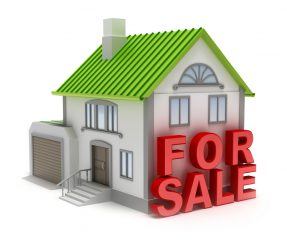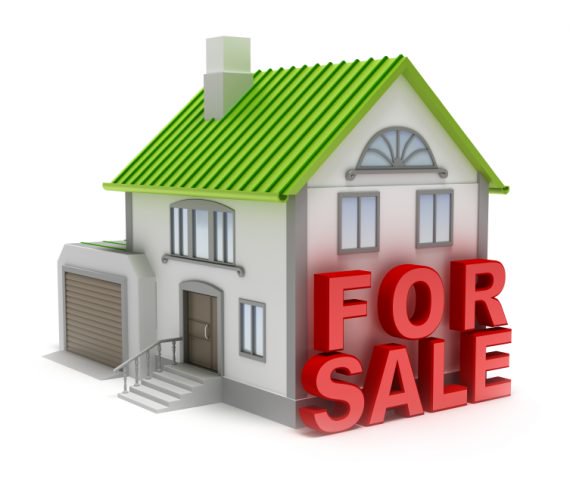NAEA and ARLA’s Housing Market Predictions and How to Overcome the Crisis
The National Association of Estate Agents (NAEA) and the Association of Residential Letting Agents (ARLA) have joined together to set out their housing market predictions for the next ten years and suggestions for overcoming the current crisis.
The organisations report that house prices and rent prices will soar over the next decade, while buying a property will become further out of reach for many.

NAEA and ARLA’s Housing Market Predictions and How to Overcome the Crisis
The NAEA and ARLA predict that homeownership will decline by 7% by 2025, while the number of people living in rental accommodation will increase by 9%.
ARLA believes that rents will rise by over a quarter, while the NAEA expects house prices to surge by 50%.
The sister bodies state that a “drastic and immediate” overhaul is needed to fix the current housing crisis.
The report, compiled with the Centre for Economics and Business Research, suggests what can be done to repair the broken market.
The average house price in the UK is currently about £280,000, with the Housing 2025 report forecasting that it will rise to £419,000 over the next ten years.
In London, prices are expected to almost double in the next decade, from an average of £515,000 at present to £931,000.
Rent prices are predicted to grow by 27% from the current average of £134 per week to £171 in 2025.
Again, those in the capital will face higher rises, paying an extra 34% in rent per week by 2025, from £234 to £314.
The study states that the current level of homeownership amongst the working population of around 62% will drop to 55%, while those living in rental housing will rise from 20% to almost 29% in the next ten years.
David Cox, Managing Director of ARLA, says: “Buying and renting a home is a giant step, and is out of reach for many. Rent costs are already growing at a rate that people are struggling to keep up with and they’re due to become even less sustainable over the next decade.”
Mark Hayward, Managing Director of the NAEA, also comments: “House prices are only going to go one way and unfortunately, that is up. For so many already priced out of the market, this is news aspiring house buyers will not want to hear.”
The organisations are calling for a number of measures to be introduced. These include:
- Building on some parts of the greenbelt.
- Mandatory licensing of landlords and letting agents.
- Encouraging institutional investment in the private rental sector.
- Encouraging more construction workers from outside the EU to work in Britain.
- A Stamp Duty exemption for pensioners looking to downsize.
The managing directors say: “The housing crisis Britain is facing is deep-rooted, and if it is to be solved will require finance, suitable land, time, new skills and most importantly, the appropriate national regulation of the key stakeholders, not least the estate agents and letting agents that form our membership. We are calling for change, and it needs to happen soon.”1
1 http://www.propertyindustryeye.com/do-something-about-it-naea-and-arla-say-housing-market-is-broken/









